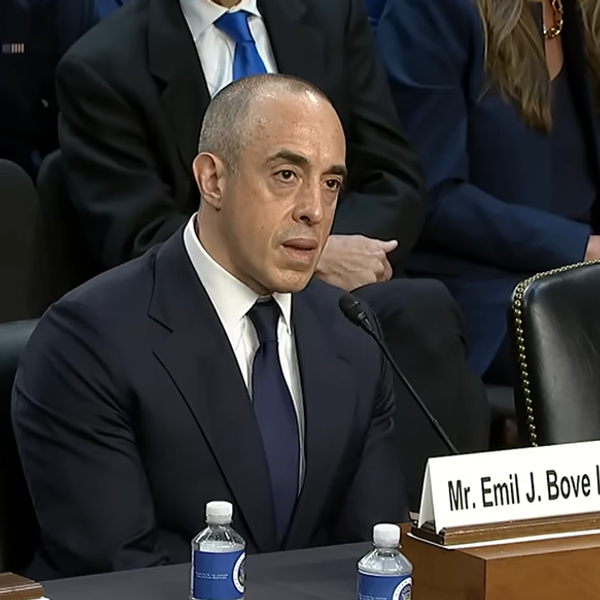
At the risk of sounding like someone who “can’t let it go” — a feminist’s badge of honor if ever there were one — I’d like to offer a few tips on how to write obituaries about accomplished women in America.
It’s a short list, really.
1) Take a moment to read the March 30 New York Times obituary for rocket scientist Yvonne Brill, in which she is celebrated first and foremost for her cooking and years of tagging along with her husband.
2) Vow never, ever to do that.
That pretty much covers it. Otherwise, you’re going to be on the receiving end of a Twitter war you cannot — and should not — win.
In 2001, Brill won NASA’s Distinguished Public Service Medal. In 2011, President Barack Obama honored Brill with the National Medal of Technology and Innovation. Last week, she died at age 88.
This was the first paragraph of her obituary in the Times: “She made a mean beef stroganoff, followed her husband from job to job and took eight years off from work to raise three children. ‘The world’s best mom,’ her son Matthew said.”
This was the second paragraph: “But Yvonne Brill, who died on Wednesday at 88 in Princeton, NJ, was also a brilliant rocket scientist, who in the early 1970s invented a propulsion system to help keep communications satellites from slipping out of their orbits.”
You can imagine the reaction. Two of my favorites:
Edward Champion (@drmabuse): “Mahatma Gandhi made a great frittata, ironed some shirts, and took eight years off to catch up on Hardy Boys books.”
Ron Charles (@RonCharles): “Dear NYT, just in case you’re prewriting obits of obscure book critics, everybody says I make delicious chocolate chip cookies.”
I know from my own Facebook feed that plenty of mothers thought the obituary’s opening paragraph was just fine. What greater role in the world than to be somebody’s mom, they said.
Yes.
And no.
A few words about motherhood: Best. Job. Ever. My own kids are grown, but to this day, I’m only as happy as my unhappiest child. I can’t begin to describe the pressure building in my chest right now at even the thought of one of my kids saying, upon my death, “Mom was a good columnist.”
However, a newspaper obituary is meant to tell the story of why a person mattered in the world at large. It’s a fierce competition. Thousands of people die every day, but few of their stories make the cut. Even in 2013, noteworthy women are too seldom noted. This may explain why some of us get a little prickly when a scientist who kept satellites orbiting and wowed the president is celebrated for her sauteed strips of beef, no matter how good the cream sauce.
When I first read Brill’s obituary in the Times, I assumed the best of its author, Douglas Martin. His lead struck me as clumsy and clueless, but I did not assume any bad intentions on his part. Honestly, I felt for him. I was sure he must be mortified and sent an email asking for an interview.
I never heard from Martin, but he did talk to the Times‘ public editor, Margaret Sullivan, for her column responding to the flood of criticism. In it, she said Martin described himself as “just so full of admiration for this woman, in all respects.”
So far, so good.
“I was totally captivated by her story,” Martin told Sullivan, who added that “he looked for a way to tell it in as interesting a way as possible.”
Hmm.
As for his critics?
Via Sullivan: “The negative reaction is unwarranted, he said — a result of people who didn’t read the obituary fully but reacted only to what they saw on Twitter about the opening paragraph.”
Wha-a-a-t? (Says this woman who read it to the very end and is now fuming.)
His final take: “It hasn’t changed his mind about how he wrote it: ‘I wouldn’t do anything differently.'”
Some men refuse to learn.
Fortunately, there are plenty of women who will never tire of trying to teach them.
Connie Schultz is a Pulitzer Prize-winning columnist and an essayist for Parade magazine. She is the author of two books, including …and His Lovely Wife, which chronicled the successful race of her husband, Sherrod Brown, for the U.S. Senate. To find out more about Connie Schultz (con.schultz@yahoo.com) and read her past columns, please visit the Creators Syndicate Web page at www.creators.com.
Photo: Ryan K. Morris/White House








